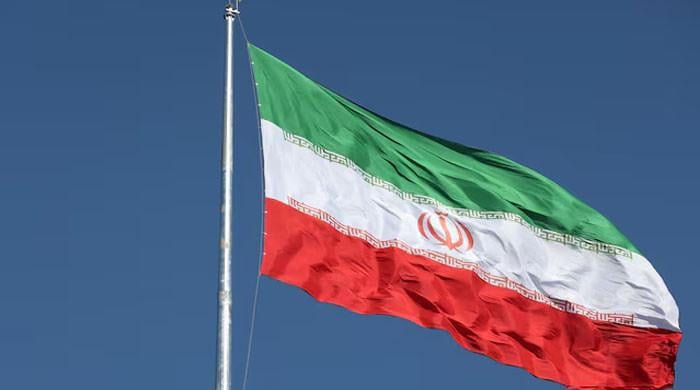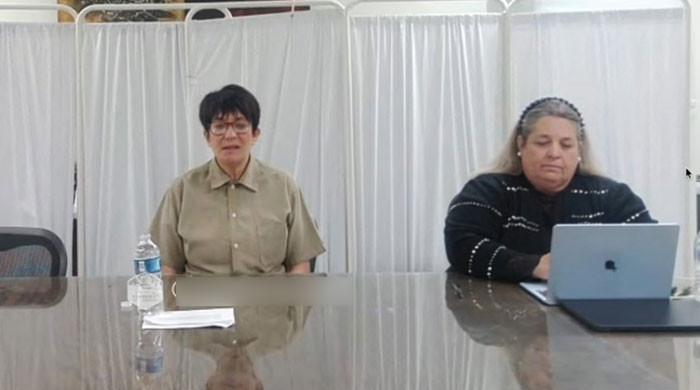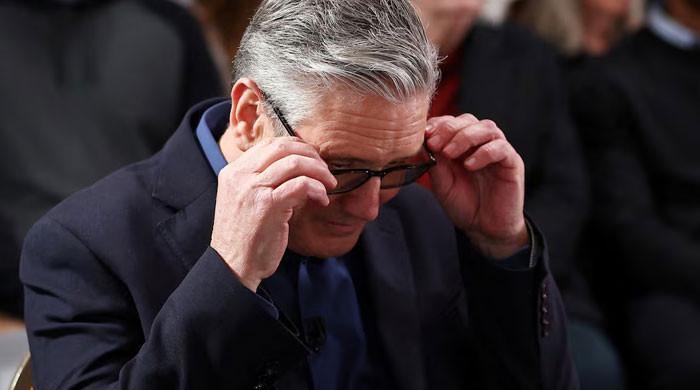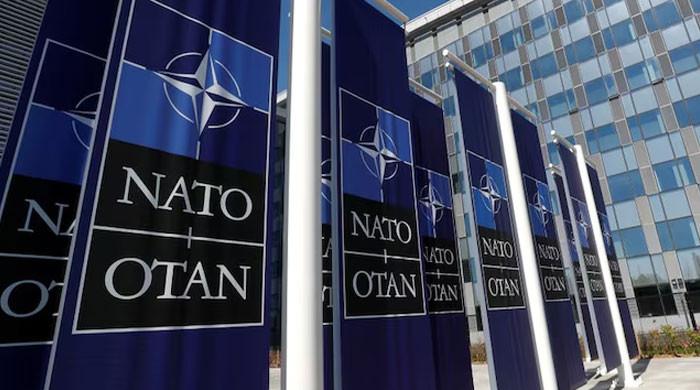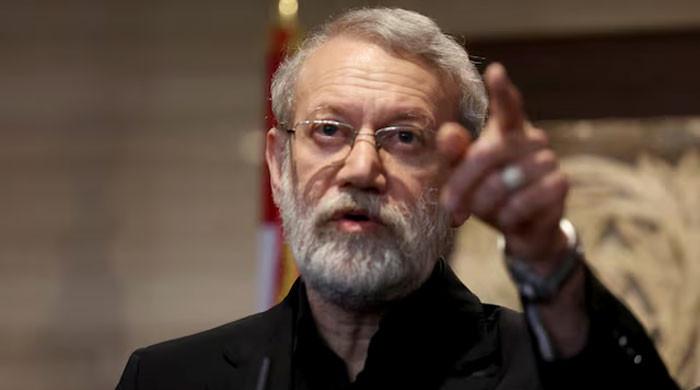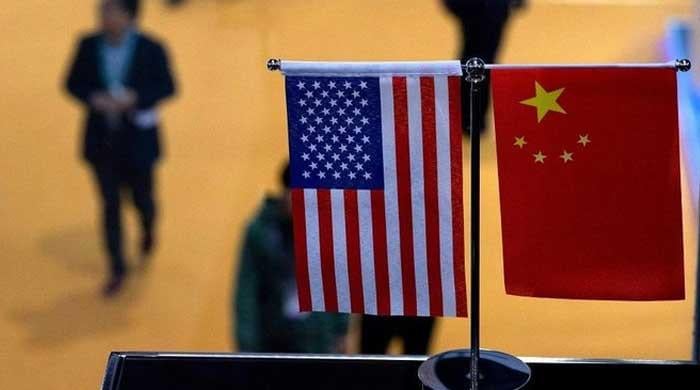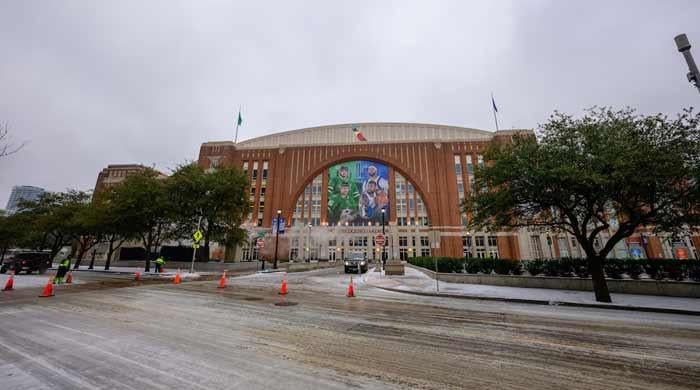Indian Muslim student rejects gold medal in protest against citizenship law
At least 25 people have died in 11 days of demonstrations and violence after Modi’s government passed the law
December 24, 2019
An Indian Muslim student on Monday refused to accept the gold medal at the Pondicherry University in protest against the Citizenship Amendment Act (CAA), the contentious law passed by the Indian government that has triggered protests around the country.
Rabeeha Abdurehim, who secured first position in the post-graduate department of Mass Communication, said she was asked to come out of the hall where the convocation was taking place. The special superintendent of police wanted to speak to the student.
Rabeeha said maybe police was apprehensive about her stance on the controversial citizenship law.
“When I asked the police officers why was I not being allowed to take part in the event, they said they were not sure but the SSP wanted it this way,” Rabeeha said.
Rabeeha said the gold medal was "an insult to me and every student fighting against whatever is happening right now. This is my way of protest and it was in solidarity with all the students around India… With every boy, girl, Muslim, Hindu and every Indian out there fighting against CAA and NRC (National Register of Citizens)”.
When she was later allowed to enter the hall after the president had left, Rabeeha accepted the certificate but rejected the gold medal.
At least 25 people have died in 11 days of demonstrations and violence after Prime Minister Narendra Modi’s government passed the law, which is being criticised and seen by most as anti-Muslim. More protests took place Sunday and on Monday.
The demonstrations have been largely peaceful but protesters have also hurled rocks and torched vehicles, while heavy-handed police tactics including the storming of a Delhi university a week ago have fuelled anger.
The law gives religious minority members — Hindus, Sikhs, Jains, Parsis, Christians, and Buddhists — from three neighbouring Islamic countries an easier path to citizenship but not if they are Muslim.
Islamic groups, the Indian opposition, and others at home and abroad fear this forms part of Modi’s aim to marginalise India’s 200 million Muslims and remould the country as a Hindu nation, something he denies.
Authorities have imposed emergency laws, blocked internet access — a common tactic in India — and shut down shops in sensitive areas across the country in an attempt to contain the unrest.
More than 7,500 people have either been detained under emergency laws or arrested for rioting, according to state officials, with 5,000 in Uttar Pradesh state alone where 17 people have been killed.




